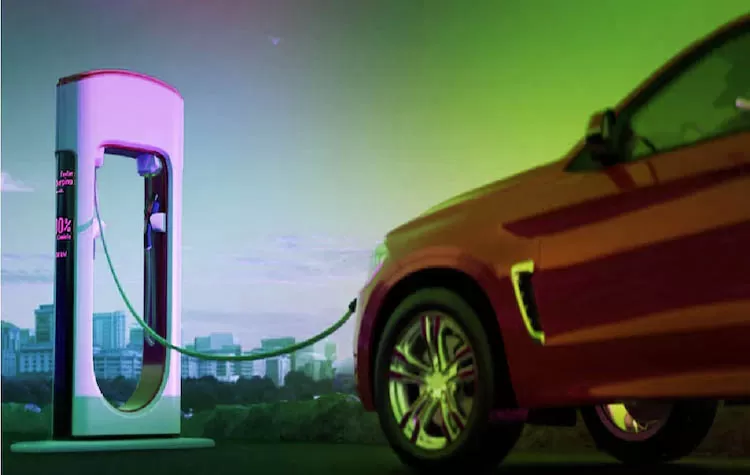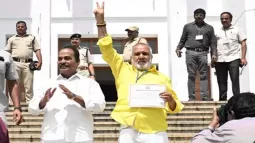
Electric vehicles save huge amounts of fuel, reduce pollution, and bring in enormous savings on road tax and registration fees. The new EV policy of the state government, which has been implemented from November 18, 2024, has already reaped impressive results. In just 44 days, between November 18 and December 31, 8,497 electric vehicles were registered. The state waived Rs. 69.74 crore in taxes and fees during this period, saving the average car buyer Rs. 3.14 lakh on registration costs. Two-wheeler buyers saved an average of over Rs. 11,000 each.
Prioritizing Health Over Revenue
The government is sacrificing revenue for public health. The transport department is losing nearly Rs. 1.57 crore in revenue per day as it is exempting EV buyers from road tax and registration fees. This would mean annual loss of Rs. 570 crore and could shoot up to more than Rs. 1,200 crore by December 31, 2026. But that loss of money is a good investment in checking the air pollution. The government was inspired by dangerous levels of pollution in Delhi that led to closing schools when the air quality becomes unhealthy. It would not want the same thing to happen in Hyderabad. Chief Minister Revanth Reddy and Transport Minister Ponnam Prabhakar delivered a speech regarding the necessity for health and announced the EV-friendly policy in November 2024.
Important Points from the New EV Policy
- For Individual Vehicle Owners:
- The road tax is fully exempted since the time of vehicle registration for 15 years. In this policy, at the time of registration, buyers will be completely exempted to pay the amount.
- For Commercial Vehicles:
- Electric transport vehicles, including autos and buses, get tax exemption for three years on quarterly basis for 15 years. So, it will give a long-term benefit to the fleet operators.
Good EV Registration Statistics
From November 18 to December 31, 2024:
- 6,126 Two-Wheelers: Total buyers saved Rs. 7.21 crore.
- 1,726 Private Cars: Owners saved Rs. 54.14 crore.
- 645 Commercial Vehicles: Taxis, autos, buses, and goods vehicles also came under the policy.
Conclusion: A Greener Future for All
It makes a strong statement about reducing air pollution and pushes for sustainable transport. It encourages the use of EVs by exempting them from certain types of taxes, bringing much healthier environments and thus encouraging cleaner sources of energy. This not only saves money on the consumer end but also deals with some of the most prominent long-term environmental issues towards greener future.













